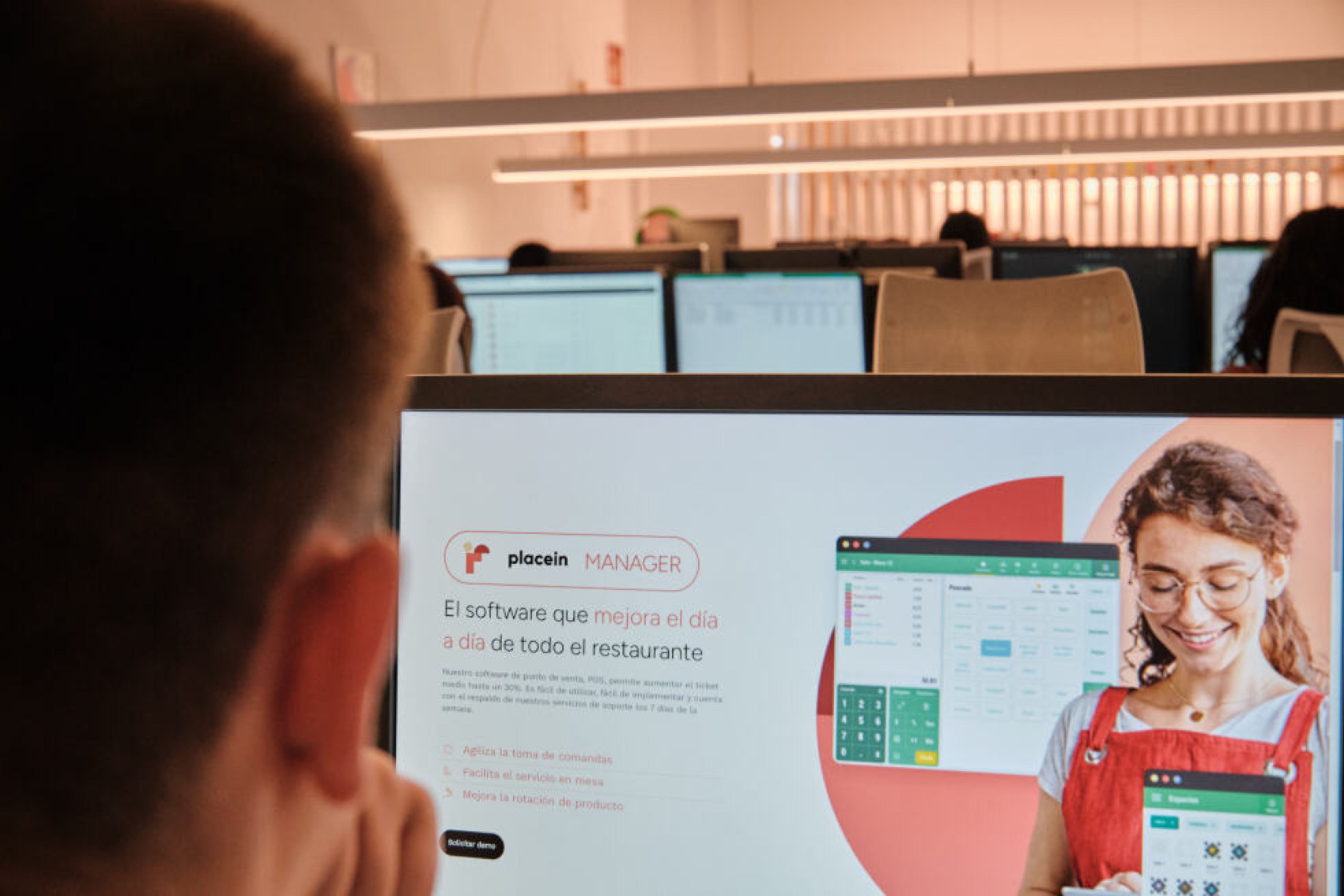
Latest information

PlaceIn: the technological revolution in the hospitality industry
PlaceIn has a management team with more than 20 years of experience in the restaurant digitalization sector. Its approach goes beyond simply providing technology: the company seeks to be an ally of the hospitality sector, committed to improving the well-being of restaurants, cafes and bars. It aims to help automate tasks and processes, reduce operating costs and encourage the professionalization of the sector. "The restaurant sector needs more digitalization, both in Galicia and elsewhere in Spain. During the pandemic, many restaurants implemented systems for take-away and pick-up orders, letters to consult via QR codes or reservations to control capacity in record time. All this showed that technology helps enormously to make the hospitality industry more competitive and those restaurants that implemented it came out of the crisis better than those that continued to turn their backs on technology," explains Lucía González, PlaceIn's Marketing and Communications Director.
The name "PlaceIn" reflects the company's philosophy, which offers eight fully integrated and communicated technological solutions for the benefit of its customers. These include the Digital Menu, which allows users to access the restaurant's offerings from their mobile devices, facilitating the management of orders and reservations. This technological integration not only streamlines the restaurant's internal processes, but also enhances the customer experience by providing detailed product information and offering ordering and payment options from the table. In addition to the Digital Charter, PlaceIn offers a variety of solutions ranging from reservation and payment systems to data analytics and marketing tools. The goal of all of these is to offer management solutions to hospitality establishments, regardless of size, to optimize their operations, increase efficiency and deliver personalized experiences to their customers, resulting in increased loyalty. "Normally, small hoteliers are in charge of hiring the technology that their restaurant or cafeteria needs, managing their equipment, accounting.... They lack time and are multi-tasking, so they highly value a company where they can find a point of sale, a digital menu, ordering and payment systems, delivery and take away," explains Lucía González. "At the beginning, some people think that these solutions are too difficult or expensive, or that they are no longer ready to learn. We always tell them to try a digital menu combined with their traditional menu for a specific period of time and see for themselves how much effort it takes versus the benefits it brings them. They have nothing to lose and a lot to gain".
With its customer-centric approach and commitment to innovation, PlaceIn has accompanied hundreds of businesses in their digitalization process since its founding, including companies such as Coca-Cola Europacific Partners, Larrumba, Grupo Carbón and Hoteles Attica 21. "We are currently focusing on the implementation of all these tools in different businesses, not only in hotels, but also in festivals and sporting events, hotels, catering spaces and foodtrucks. Last year we ended with more than 2,000 customers and this year the challenge is to triple this number and strengthen our presence throughout Spain."
The future lies in digitalization
Catering in Spain closed 2023 with an increase in turnover of 10.7%, according to data from the Association of Manufacturers and Distributors (AECOC), which show that spending by Spaniards in bars and restaurants continues to grow, after reaching 41.6 million euros, 10% more than in 2022. "In Spain, the restaurant fabric is changing. We are seeing new chains and franchises being born, the so-called organized hospitality, with very structured processes and making decisions based on data, and smaller and lifelong restaurants are starting to implement reservation systems, point of sale, digital menus or menu engineering," advances Lucía González. "If we talk about experiences and technologies, the restaurant of the future will be connected and everything that happens in it will generate very valuable data that will provide business information for the hotelier. That's where we add value. At any given moment, a restaurateur can know the number of people who have visited his premises, the most popular and best-selling products, the areas from which he receives the most delivery orders, the average tickets by number of diners or the most popular payment methods," she concludes.